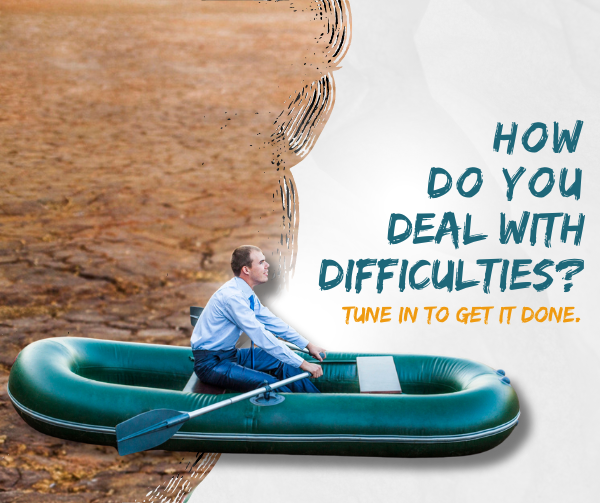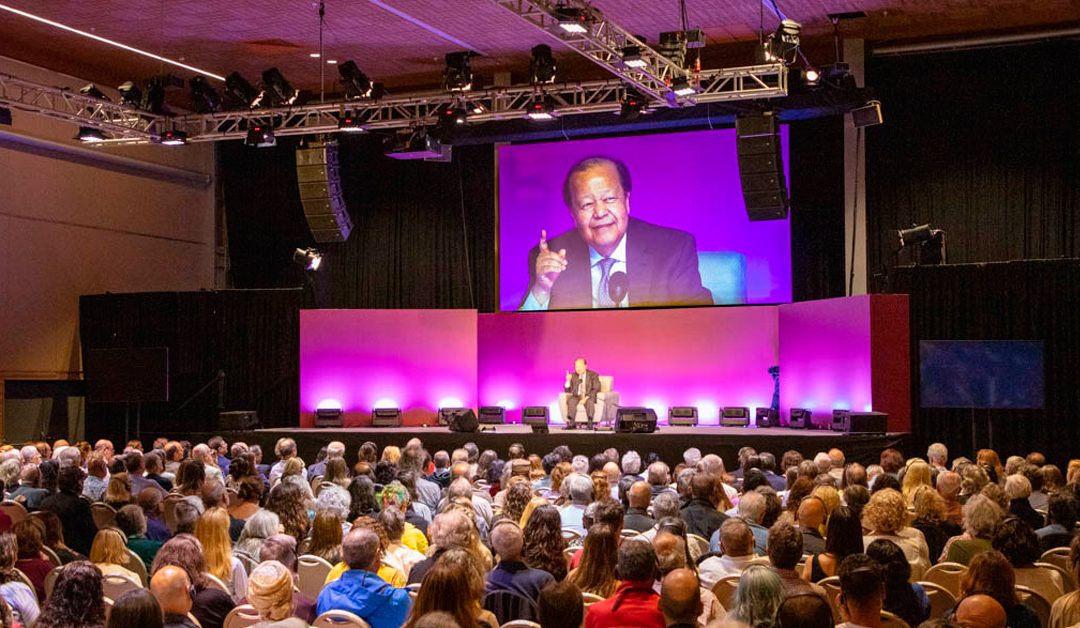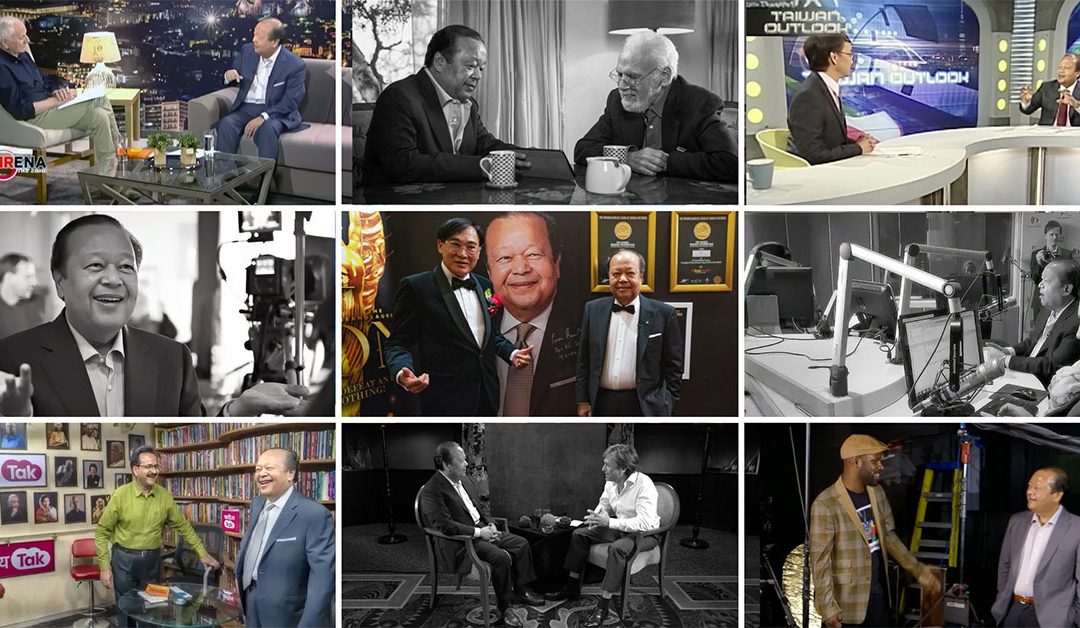In the world today, there are 6,500 spoken languages, 4,200 religions, 196 countries, 31 kinds of government, 12 astrological signs and five major branches of philosophy. With all of this diversity, it would be easy to conclude that human beings have little in common with each other. But they do.
To begin with, we are all made of the same basic elements – oxygen, hydrogen, nitrogen, carbon, sulfur, and phosphorus. We are also bipedal, have opposable thumbs, a wide range of emotions, and the capacity for self-awareness. Oh, and one more thing – we all suffer from information overload.
Consider this: every day human beings generate 294 billion emails, 500 million tweets, 4 million gigabytes of Facebook data, 65 billion WhatsApp messages and 720,000 hours of YouTube content, all of which are accessible from our pocket – not to mention all of the emails, notifications, phone calls, texts, and voicemail messages we receive.
The result? What psychologists refer to as “cognitive overload” – the all-too-familiar state of mind in which the demands placed on us by mental work are greater than our ability to process those demands – the “too much to do and not enough time” syndrome.
It doesn’t take a genius to recognize the symptoms. They are everywhere: stress, overwhelm, distraction, confusion, inability to prioritize, poor decision making, longer work hours, less social life, fatigue, illness, isolation and the degradation of relationships.
Theoretically, the rise of technology was supposed to free us from life’s so-called “mundane tasks”, so we’d all have more time to enjoy ourselves. The reality, however, is very different.
Most of us assume that multi-tasking is the solution to all of the information overload coming our way. It’s not. Neuroscientists tell us that 98% of the human race cannot really multi-task. We may think we can, but we are just rapidly cycling through multiple tasks sequentially. And while task-switching produces a dopamine hit to our nervous system that provides a short-term blast of pleasure, it makes it much harder to focus our attention.
Information overload, in fact, has been known to decrease a person’s IQ by 10 points. D’oh!
As you might imagine (especially if you do a web search on “information overload” and read the first of the 120,000,000 citations now at your fingertips), pundits have lots of suggestions for how to deal with the phenomenon: set better limits, check email less often, avoid multi-tracking, take more breaks, prioritize, write things down, and get enough sleep. Helpful? Yes. But each of these approaches focus on the symptoms of information overload, rather than the root cause – what got us into the mess in the first place: our fundamental uncertainty, existential restlessness, addiction to busyness, and deep-seated need to know.
Enter Prem Rawat, his message of personal peace, and his new book, “Hear Yourself: How to Find Peace in a Noisy World”
A lifelong peace educator, best-selling author, and mentor to millions of people around the world, Prem gets down to the basics – our fundamental need to experience the essential simplicity of life and that which exists beyond life’s distractions. Why Sundays are so popular, and days off, and vacations – those all-too-rare opportunities to unplug, kick back, and simply enjoy. What makes us human beings, not just human doings.
“Travel with me for part of your journey,” Prem writes on page one of his book, “and you might be surprised where we go. We are heading away from the realm of theories and beliefs towards a unique form of knowledge. To somewhere within you that’s free of everyday distractions.”
Clearly, Prem Rawat is not the first one to address the “too much to do, not enough time” syndrome. It’s a topic that countless others have spoken about since the beginning of time – and all in an attempt to call attention to the essential, unadorned, beauty of life itself.
“Beware the barrenness of a busy life.” – Socrates
“Be content with what you have, rejoice in the way things are. When you realize there is nothing lacking, the whole world belongs to you.” – Lao Tzu
“It is not a daily increase, but a daily decrease. Hack away at the inessentials.” – Bruce Lee
Prem Rawat, with great energy, clarity, and humor is offering our hyperactive world an alternative approach – a way out of the madness.
“My aim,” he explains, “is to help you develop your understanding of peace and what connecting with the peace inside might mean in your life, but only you can make your journey from outer noise to inner peace.”
Apparently, people are listening. Just two weeks after “Hear Yourself” was published on September 14th, it debuted on the New York Times bestseller list. And it has already been translated into Spanish, French, Portuguese and Italian – with many other languages to come.
What others are saying about his book:
“Prem Rawat’s insights into life provide many of the answers I have sought for decades. This book inspires and elevates the reader with wisdom and a practical approach to finding peace within, rather than seeking it in this crazy world.” – Michael Bolton, Grammy-Award winning singer/songwriter.
“Hear Yourself invites us to take a journey from the outside world we live in everyday to the world of peace within us.” – Bill McCarthy, Founder and President of The Unity Foundation.
“Hear Yourself invites readers on a journey from where they may be now to the common core we all share as human beings, and to the love of life itself.” – Tim Gallwey, author and founder of The Inner Game.
Listen to Prem talk about his book






